We may earn money or products from the companies mentioned in this post. This means if you click on the link and purchase the item, I will receive a small commission at no extra cost to you ... you're just helping re-supply our family's travel fund.
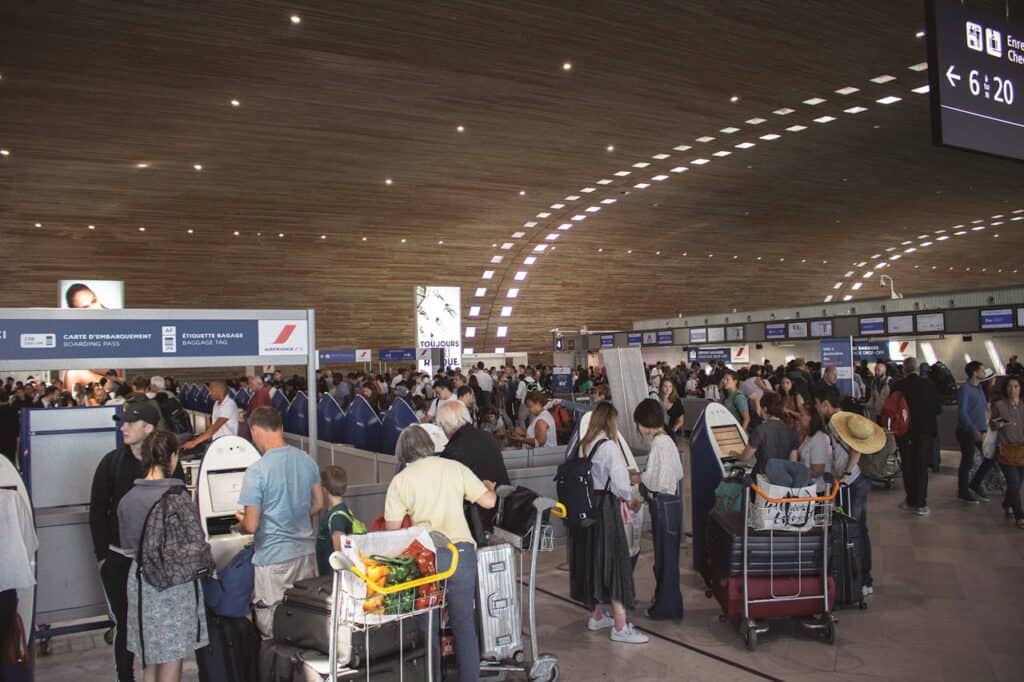
Airport security feels like second nature if you fly often, but many travelers unknowingly break the rules without realizing it. The result is extra screening, delays, or even confiscated items that could have been avoided. From liquids that don’t pass the 3-1-1 rule to overlooked electronics or food, small mistakes can trip you up quickly. Knowing the most common violations helps you avoid stress and move smoothly through the checkpoint every time.
1. Forgetting the 3-1-1 Liquids Rule
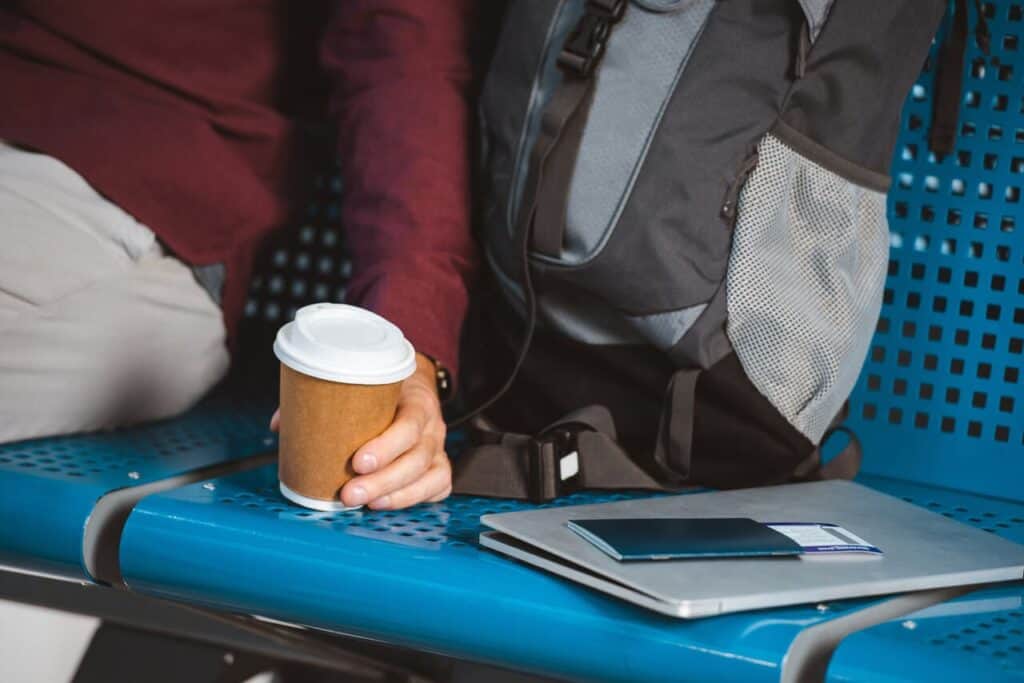
Even experienced travelers slip up with liquids. TSA allows containers up to 3.4 ounces in a single quart-sized bag, yet people toss full-size toiletries into carry-ons thinking they will pass. Even half-used bottles larger than the limit will be pulled aside. Water bottles and sports drinks are also easy to forget in your backpack. To avoid delays, always double-check bathroom items and empty reusable bottles before screening. It keeps you compliant and speeds things up for everyone behind you.
2. Leaving Food Items Unpacked
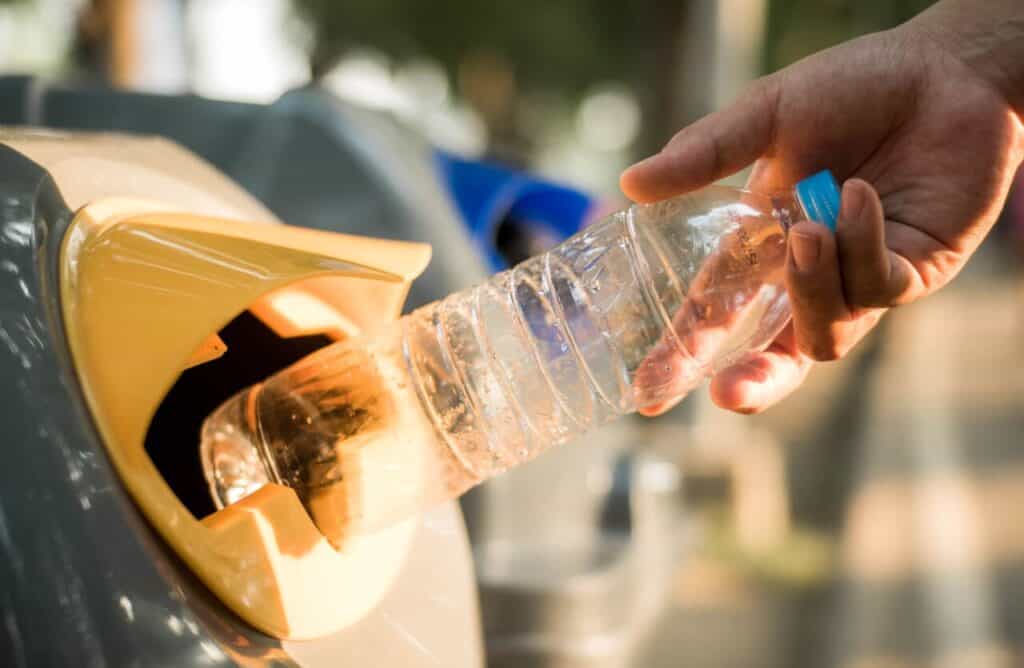
Snacks are allowed, but the way you pack them matters. TSA often asks travelers to remove food from bags so it can be scanned separately. Dense foods like cheese, peanut butter, or protein bars can trigger alarms because they resemble explosives on X-ray. Many travelers stash them in hard-to-reach corners, which only slows things down. Keeping snacks in a clear bag that can be pulled out quickly saves hassle and prevents agents from digging through your luggage.
3. Carrying Oversized Electronics
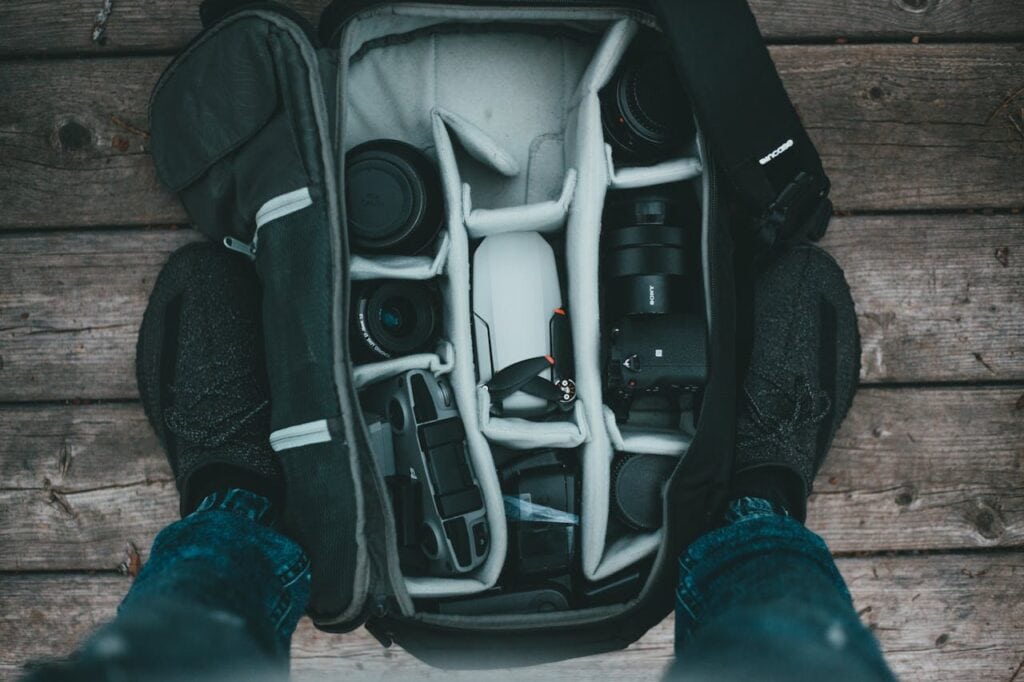
Most people know laptops must go in a separate bin, but not everyone realizes tablets, game consoles, and even large camera equipment fall into the same category. When tucked deep inside a backpack, these items can cause rescans and longer waits. Agents may ask you to unpack your bag completely if they spot something unclear on X-ray. Keep larger electronics at the top of your bag so you can pull them out fast. It makes the whole process smoother.
4. Forgetting to Empty Pockets
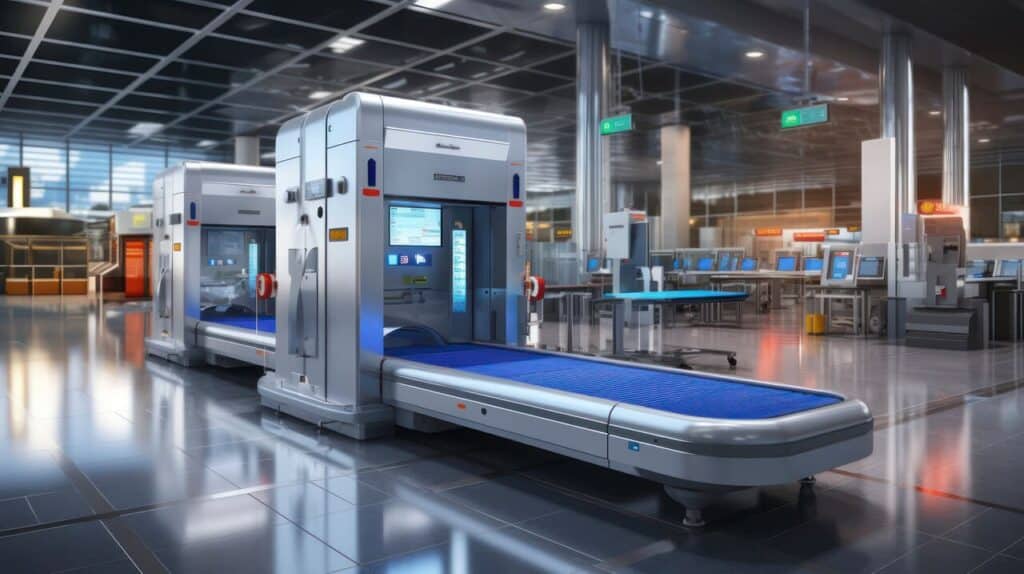
Loose items in your pockets might seem minor, but coins, lighters, gum packs, and even tissues can trigger extra screening. Many travelers only think about removing phones and wallets, forgetting smaller objects. These items can get flagged in body scanners, forcing you to step aside for pat-downs or rechecks. A quick self-check before stepping into line helps. Place everything in your carry-on or a bin ahead of time and you’ll walk through the checkpoint without unnecessary stops.
5. Wearing Complicated Shoes
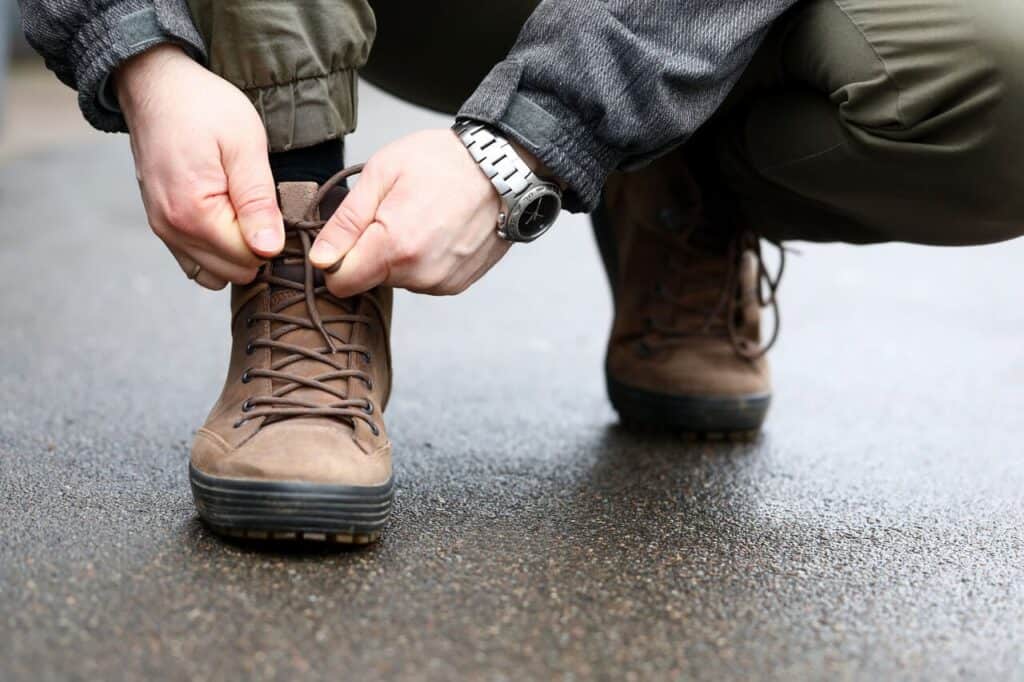
Shoes with metal details, thick soles, or high boots often cause hold-ups at security. While slip-ons make life easy, travelers often forget and wear footwear that requires extra checks or even removal in PreCheck lanes. Shoes with hidden compartments or steel toes almost always set off alarms. The result is wasted time unlacing or explaining to an officer. If you want a smooth pass-through, stick to simple, easy-to-remove shoes and pack heavier footwear in checked luggage.
6. Packing Prohibited Tools
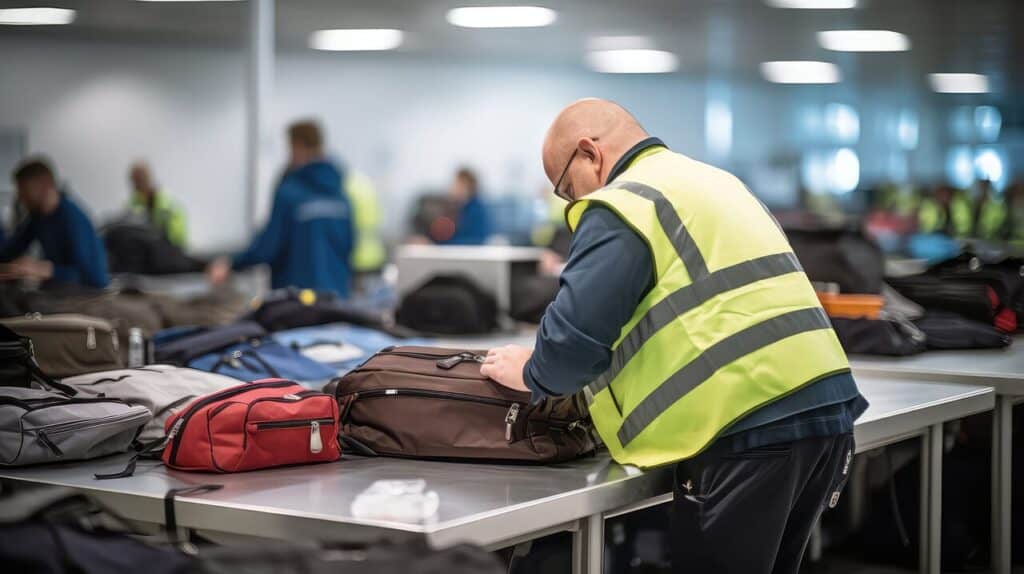
Many people carry multi-tools, pocket knives, or scissors without realizing they violate TSA rules. These items often live in backpacks or keychains and get forgotten until they’re spotted in the X-ray machine. Even small scissors with blades longer than four inches will be confiscated. Travelers sometimes argue their tools are harmless, but TSA has no flexibility on this. Do a quick sweep of bags and keychains before heading to the airport to avoid losing something important.
7. Misusing Duty-Free Liquids
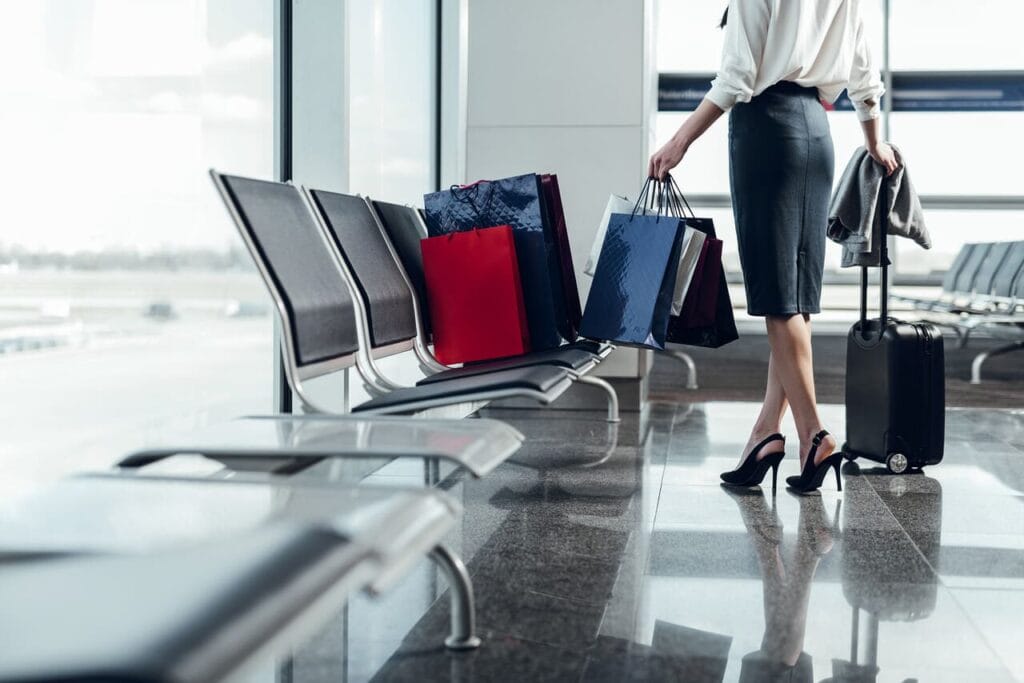
Duty-free shops sell alcohol and perfume in large bottles, but travelers often get tripped up on connecting flights. If the liquid isn’t sealed properly in a special TSA-approved bag, it may not make it past your next checkpoint. Many people assume duty-free purchases are always safe, only to watch them get tossed at a connecting airport. Always keep receipts and make sure items are sealed. If you have multiple flights, consider checking the purchase instead.
8. Carrying Too Many Powders
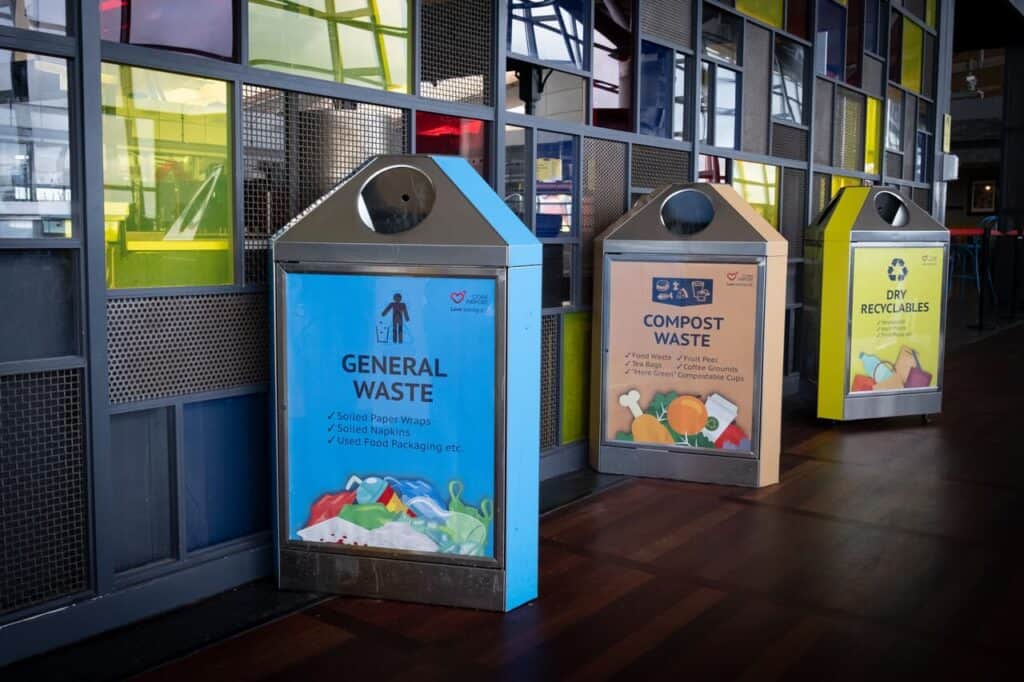
Powdered substances can trigger suspicion if over 12 ounces, which surprises many travelers. Protein powders, baby formula, and even spices can get flagged. TSA may require these to be placed in separate bins, and in some cases, opened for inspection. Travelers often underestimate how much powder they’ve packed until it’s measured. Keeping larger quantities in checked bags is the simplest solution. If you need it in your carry-on, keep it in original packaging with clear labels.
9. Overlooking Battery Restrictions
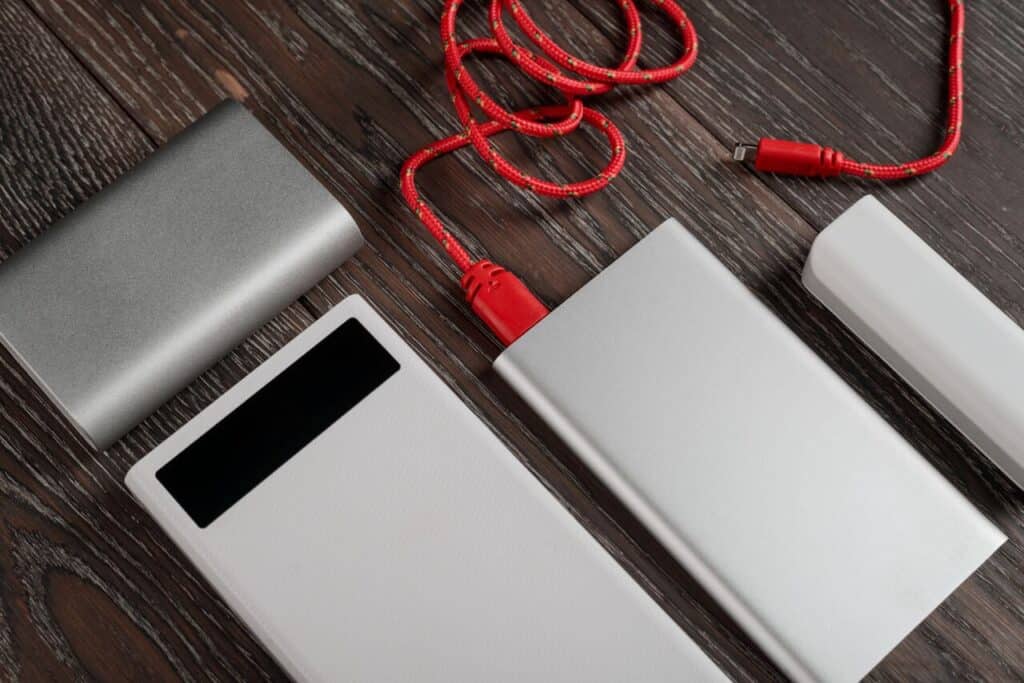
Lithium batteries power everything from laptops to vape pens, but TSA has strict rules. Loose lithium batteries must be in carry-ons, not checked bags, and larger power banks are capped at specific watt-hours. Many people toss spares into checked luggage without realizing the fire risk. If discovered, your bag may be pulled and delayed. Keep all spare batteries in protective cases in your carry-on. It keeps your gear safe and avoids unnecessary baggage issues.
10. Forgetting ID Rules for Kids
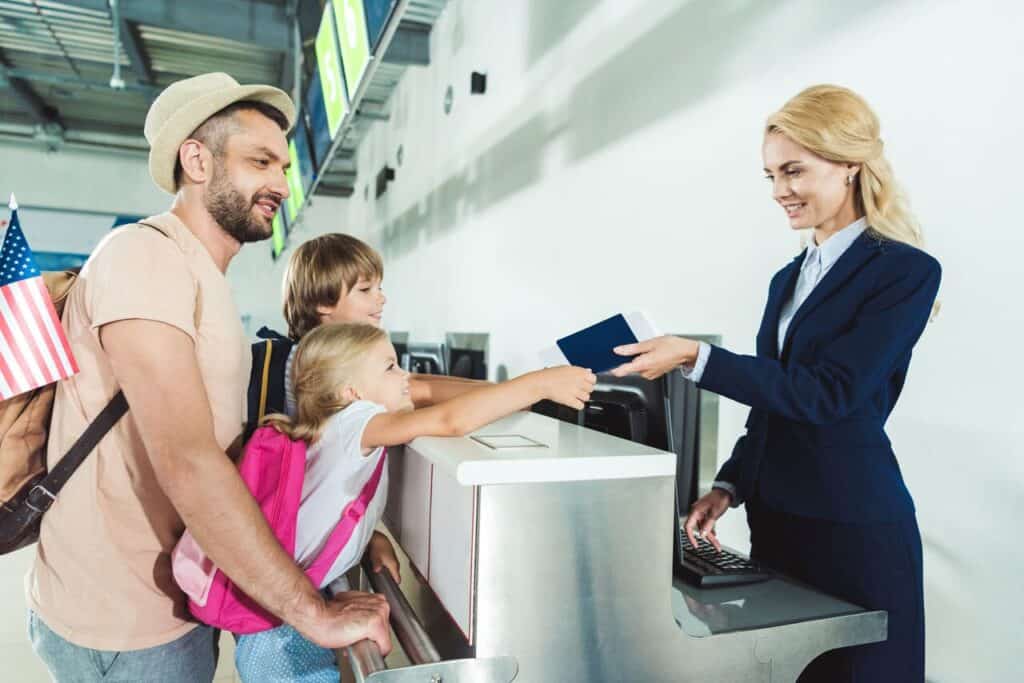
Travelers often assume children don’t need identification, but rules vary by age and airline. While kids under 18 flying domestically typically don’t need government ID, paperwork like birth certificates or proof of guardianship may still be required in some cases. International flights always require passports. Families rushing to the airport sometimes overlook this, leading to stressful last-minute scrambles. Checking airline guidelines beforehand ensures you have the right documents in hand every time.